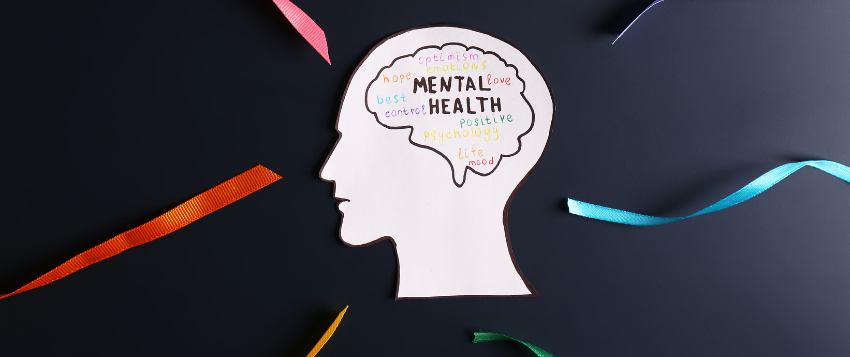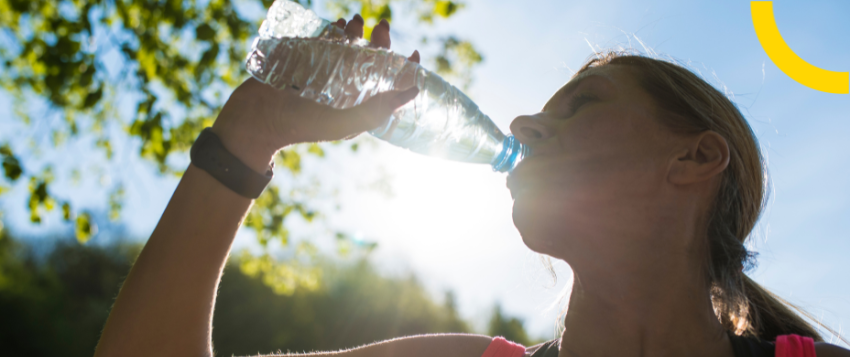October 10, 2024, marks another significant World Mental Health Day, bringing renewed attention to mental health issues worldwide. Each year, this day raises awareness, combats stigma, and promotes better mental health practices to empower individuals and communities. The theme for this year, “Mental Health is a Universal Human Right,” emphasises that everyone deserves access to mental health resources, support, and wellness practices. Mental health is foundational to overall well-being, and taking care of both mind and body can lead to substantial benefits. In South Africa, where mental health issues are particularly pressing, enhancing wellness practices may be a key to managing the mental health crisis.
Table of Contents
Mental Health in South Africa: A Unique Challenge

South Africa faces a unique set of mental health challenges. The country has one of the highest rates of mental health disorders, including depression, anxiety, and substance use disorders. According to the South African Depression and Anxiety Group (SADAG), roughly 30% of South Africans experience a mental health disorder each year, yet only one in four people receive treatment. Factors contributing to the mental health crisis include poverty, crime, trauma, unemployment, stigma, and limited access to mental health services, especially in rural areas.
Stigma remains a pervasive barrier, preventing people from seeking help due to fear of judgment or shame. In some communities, cultural beliefs can lead to misinterpretation of mental health symptoms, often viewed as spiritual or moral failures rather than medical conditions requiring support and intervention.
The Interplay of Health and Wellness on Mental Health

The connection between physical health, wellness practices, and mental well-being is well-documented. In recent years, studies have highlighted how prioritising physical health can improve mental health outcomes by reducing symptoms of stress, anxiety, and depression. Here are some ways in which wellness practices can benefit mental health:
- Physical Exercise: Regular exercise releases endorphins, the body’s natural mood boosters. Exercise can reduce anxiety, improve sleep quality, and enhance cognitive function, all of which contribute to better mental health. Whether it’s a simple daily walk, yoga, or more intense physical activity, exercise is a proven tool for alleviating mental distress.
- Balanced Nutrition: Nutrition impacts our brain chemistry, influencing how we feel and respond to stress. A diet rich in vitamins, minerals, and nutrients supports brain function, improves energy levels, and may lower the risk of mental health conditions.
- Quality Sleep: Sleep is essential for mental and emotional resilience. Insufficient or poor-quality sleep can increase irritability, reduce cognitive ability, and make it harder to manage stress. Practicing sleep hygiene, such as setting a regular bedtime and limiting screen time, can positively impact mental health.
- Mindfulness and Meditation: Mindfulness practices, such as meditation and deep breathing, reduce stress and increase self-awareness. Practicing mindfulness helps people manage anxiety, depression, and trauma by providing tools to calm the mind and reframe negative thoughts.
- Social Connections: Supportive relationships provide emotional strength, helping people cope better with stress and loneliness. Engaging in community activities, connecting with friends, or joining support groups can significantly improve mental health by creating a sense of belonging.
Wellness and Mental Health in South Africa

In South Africa, where mental health resources are stretched thin, health and wellness practices offer accessible ways for individuals to manage their mental health proactively. South Africa has embraced traditional community practices, incorporating physical wellness through sports and dance and social wellness through family gatherings, which positively impact mental well-being. However, integrating mental health practices, such as mindfulness and meditation, into these community activities could further enhance mental resilience.
Breaking the Stigma: The Role of Awareness and Support

World Mental Health Day in South Africa serves as a vital reminder of the importance of prioritising mental well-being. Increased awareness and de-stigmatisation are essential steps toward a healthier nation. Initiatives like SADAG’s mental health outreach programmes, educational campaigns, and community events continue to foster understanding and encourage people to seek help.
Promoting health and wellness as preventive and supportive practices can help mitigate the mental health crisis in South Africa. Combining a holistic wellness approach with community support, mental health education, and increased government funding could significantly impact the mental well-being of millions.
This World Mental Health Day, let’s remember that mental health is a universal right. Embracing health and wellness as foundational aspects of mental care can make mental health resources more accessible and encourage people to take charge of their well-being. By making mental health a priority, South Africa can pave the way for a more resilient, healthier future.
Disclaimer – Healthi and its associates offer health and fitness information and is designed for educational and entertainment purposes only. You should consult your physician or general practitioner before beginning a new fitness programme. You should not rely on this information as a substitute for, nor does it replace, professional medical advice, diagnosis, or treatment. If you have any questions or concerns about your health, you should always consult with a physician, general practitioner, or other qualified healthcare professional. Do not disregard, avoid or delay obtaining medical or health-related advice from your healthcare professional because of something you may have read on our publications or lectures. The use of information provided through the urban wellness service is solely at your own risk and is not medical or healthcare advice.






